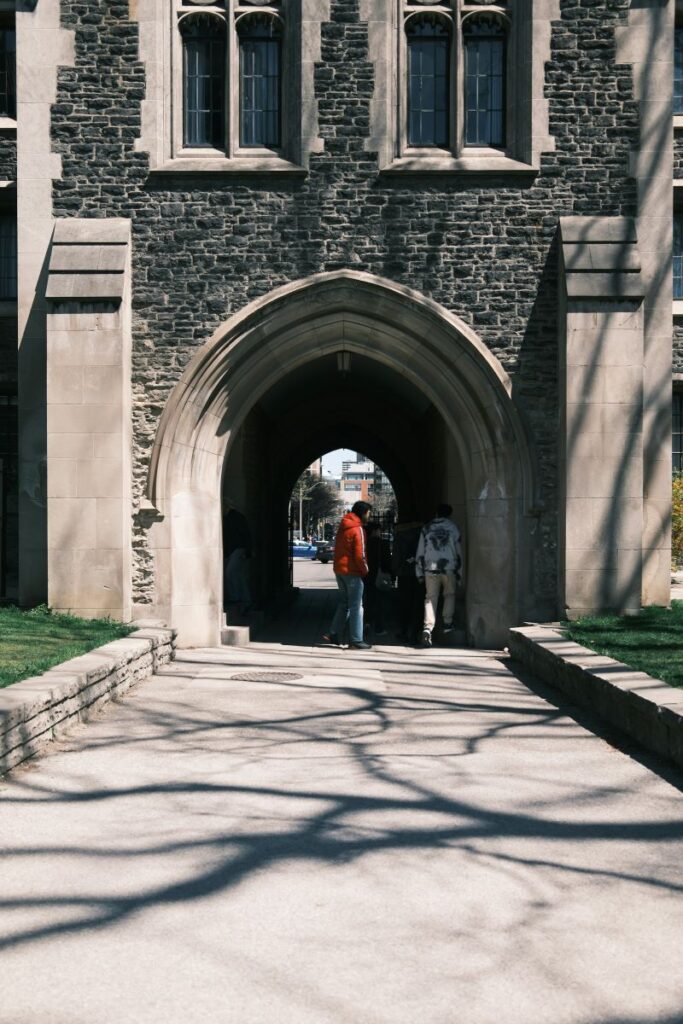
As you enter the new academic year, building a solid network with your professors and peers can significantly enhance your college experience. Whether you're aiming to deepen your academic knowledge, explore career opportunities, or simply make lasting connections, effective networking is key.
As you enter the new academic year, building a solid network with your professors and peers can significantly enhance your college experience. Whether you’re aiming to deepen your academic knowledge, explore career opportunities, or simply make lasting connections, effective networking is key. Here’s how you can start building meaningful connections this school year.
1. Start with Your Professors: Building Academic Relationships
Professors can be some of your most valuable connections in college. They bring a wealth of knowledge, experience, and often have connections in your field of interest. To establish a good relationship with your professors:
Attend Office Hours Regularly: Don’t wait until you need help with an assignment or exam. Use office hours to discuss topics that interest you, ask about research opportunities, or seek advice on your academic path. Showing genuine interest in their subject can lead to mentorship opportunities.
Engage in Class: Actively participating in class discussions not only helps you stand out but also shows your professors that you’re committed to learning. This engagement can open doors for deeper conversations outside of class.
Follow-Up After Meetings: After meeting with a professor, whether in their office or after class, send a thank-you email. This reinforces your interest and helps keep the conversation going.

2. Networking with Peers: Building a Supportive Community
Your peers are on the same journey as you, and building relationships with them can provide support, collaboration opportunities, and lifelong friendships. Here’s how you can network effectively with fellow students:
Join NSCS Events and Chapter Meetings: NSCS chapters host various events throughout the year, from social gatherings to service projects. These events are perfect for meeting like-minded students and expanding your network within the organization.
Form Study Groups: Collaborating with peers in study groups can enhance your learning experience and help you tackle challenging subjects together. Plus, it’s a great way to make friends and establish connections that go beyond the classroom.
Engage in Campus Activities: Participating in clubs, sports, or other extracurricular activities allows you to meet students from different backgrounds and disciplines. These connections can broaden your perspectives and enrich your college experience.
3. Find a Mentor
Finding a mentor can be one of the most impactful steps you take in your college career. Mentors can provide guidance, offer insights into your field of interest, and help you navigate the challenges of academia and beyond.
Engage in the Ambition in Motion Program: NSCS is launching a Mentorship Program connecting students and alumni for professional guidance. This program pairs students with NSCS alumni who are eager to provide career advice and gain volunteer experience. The program offers a Collegiate program for current students and an Alumni program for professionals. Don’t miss out on this valuable opportunity—sign up here by September 24, 2024, to participate.
4. Leveraging NSCS Resources for Networking
As an NSCS member, you have exclusive access to resources that can enhance your networking efforts:
Utilize LinkedIn: Make sure your LinkedIn profile is up to date and reflects your NSCS membership certificate. Connect with professors, peers, and NSCS members to build a professional online network that can support your career aspirations.
5. Cultivating Long-Term Relationships
Networking isn’t just about making connections—it’s about nurturing them over time. Here’s how you can maintain and strengthen the relationships you build:
Stay in Touch: Regularly check in with professors and peers, even after a class or project has ended. Send updates on your progress, share interesting articles, or simply ask how they’re doing.
Be Genuine: Authenticity is key to building meaningful connections. Be yourself, show genuine interest in others, and offer help when you can. People appreciate sincerity and are more likely to want to maintain a relationship with you.
Give Back: Networking is a two-way street. Offer your support to others, whether it’s helping a classmate with an assignment or sharing job leads with your peers. By giving back, you create a positive reputation that strengthens your network.
Make This Year Count
As you embark on a new academic year, remember that the connections you build can shape your college experience and beyond. Whether it’s through developing strong relationships with your professors, forming a supportive network of peers, or finding a mentor to guide you, each step you take brings you closer to achieving your goals. By actively engaging in these opportunities, you’re setting the foundation for success both during college and in your future career. Make this year one of growth, learning, and meaningful connections.


